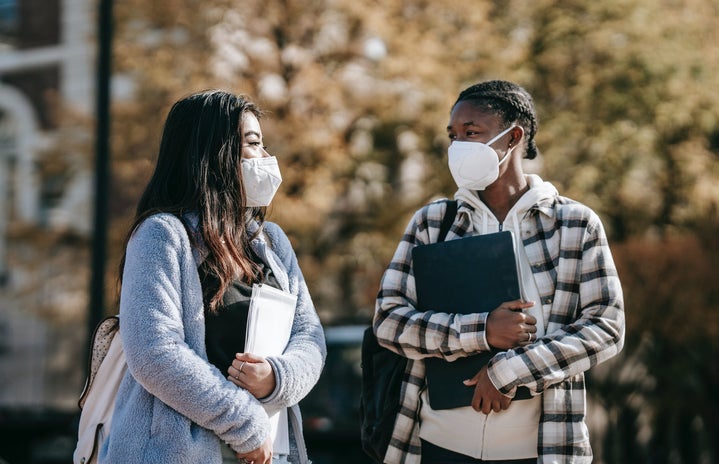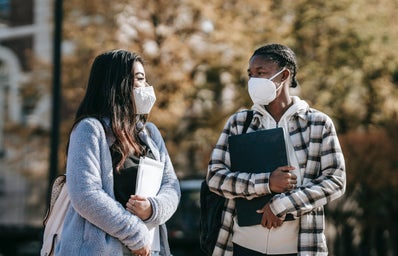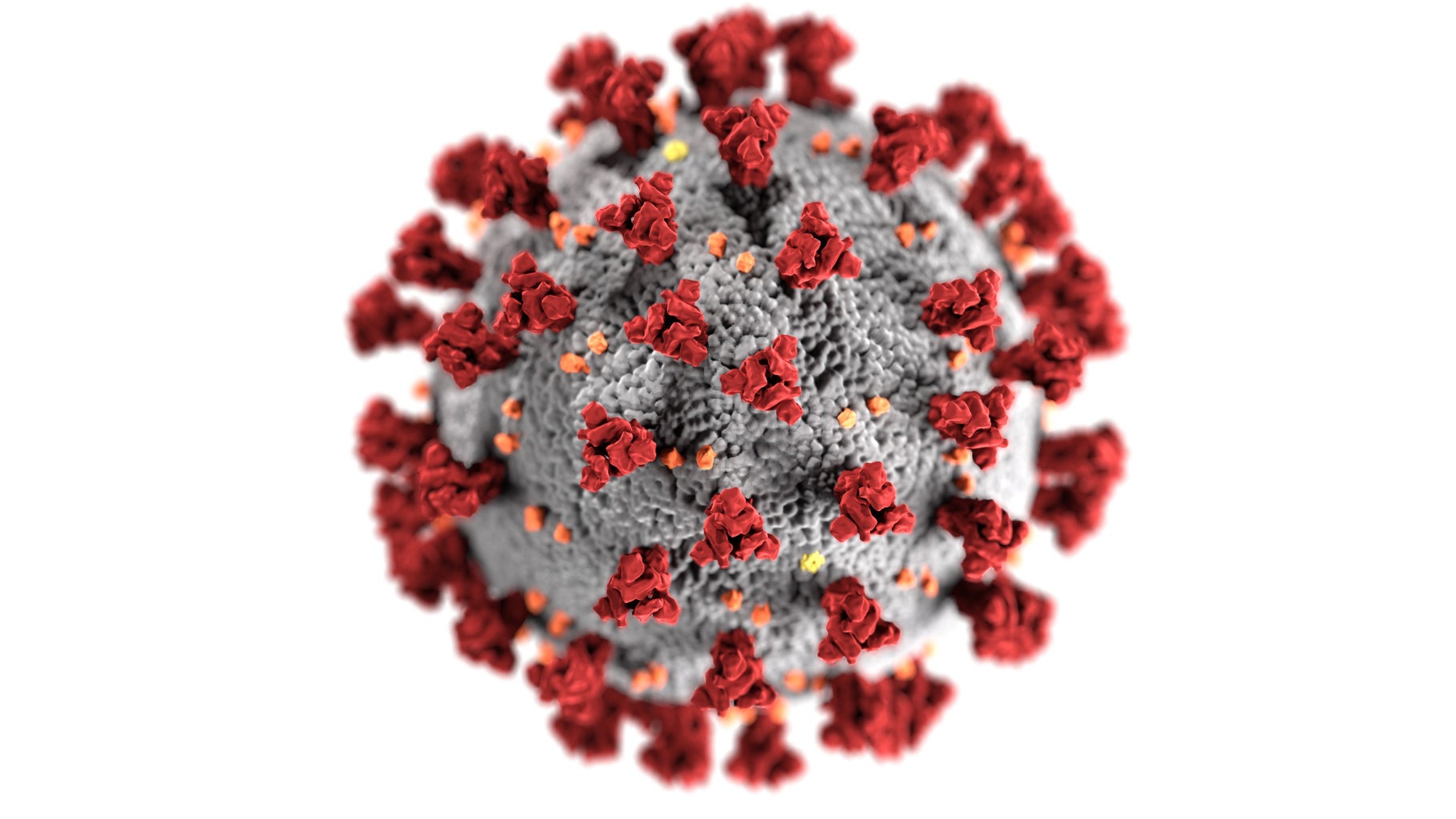By now, it seems like everyone has heard of the Delta variant of COVID-19. It potentially threatens travel plans, in-person education, and all aspects of life. Right now, the COVID-19 Delta variant makes up about 99% of the cases in the United States, and it is known to be more dangerous than other variants of the disease. Here are some things to know about the variants of COVID-19 and what they mean for the future of the virus.
Variants are normal for any virus; as a virus spreads through a large population, it slightly changes to successfully spread to as many people as quickly as possible. Over the course of the pandemic, the first variant that scientists were concerned about was the Alpha variant, first identified in the UK. Quickly after that, the Beta and Gamma variants, first discovered in South Africa and Brazil, spread throughout the world. All three of these variants spread quicker than the original variant first discovered in 2019, but were unlikely to cause more severe sickness or hospitalization.
The Delta variant is by far the most transmissible and deadly strain of the virus. This means it’s twice as easy to spread as the original strain of the virus, and when it does infect people, they get sicker. Due to the widespread nature of this variant, cases in the United States have intensely increased since the beginning of the summer months, and the CDC has reversed its previous guidance that fully-vaccinated individuals did not need to wear a mask in most indoor public places. Now they recommend that even fully-vaccinated people wear masks in areas where transmission of the virus may be high.
Even though a vast majority of new COVID-19 cases occur in those who are unvaccinated, breakthrough infections can still occur in those who are fully vaccinated, but on average, the infection is less severe.
As we deal with yet another wave of cases in the United States prompted by the Delta variant’s rapid spread through all populations, more mutations will occur as long as cases remain. Still, the best protection from these harmful variants is to get vaccinated. All three approved COVID-19 vaccines in the US: Pfizer, Moderna, and Johnson & Johnson, have shown to be protective against the Delta variant. While this protection may not be exactly as high as in the original studies published last fall when the vaccines were first released, they still offer significant and potentially life-saving protection from the virus.
The future of COVID-19 and the pandemic is unknown. COVID-19 cases have been steadily increasing since August, and will likely continue to climb as we enter the fall and winter months. Some Americans who may be more vulnerable to complications of the disease have already received a third dose of the COVID-19 vaccine to offer more protection as the Delta variant continues to spread. The FDA has not yet approved a third dose of the vaccine for the general population, but the CDC has stated that an additional dose of the vaccine will likely be needed to maintain some level of immunity.
For more information on the Delta variant, as well as how to protect yourself from the virus, please visit this link from the CDC.
Can’t get enough of HC UMass Amherst? Be sure to follow us on Instagram, listen to us on Spotify, like us on Facebook, and read our latest Tweets!




